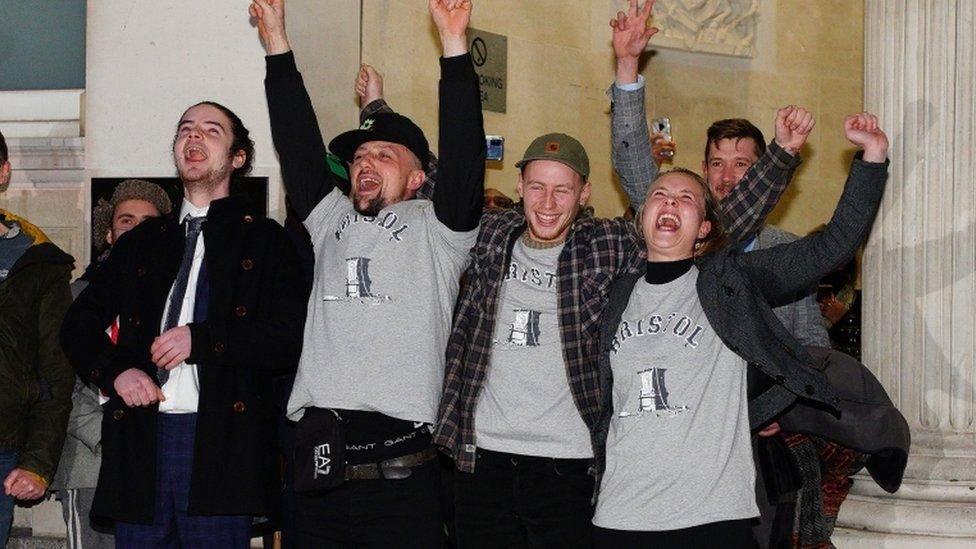Colston Four trial: Attorney General defends 'considering' referring acquittal
- Published
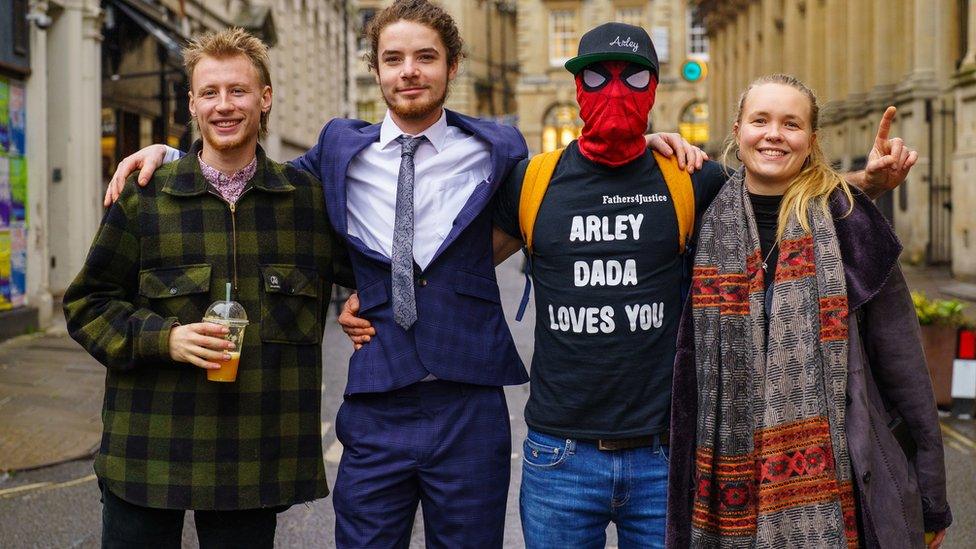
Rhian Graham, Milo Ponsford, Sage Willoughby, and Jake Skuse were found not guilty
The Attorney General has defended "carefully considering" referring the acquittal of the Colston Four to the Court of Appeal.
Rhian Graham, Milo Ponsford, Sage Willoughby, and Jake Skuse were cleared of pulling down a statue to the 17th Century slave trader in Bristol.
After the verdict Suella Braverman said she may refer the decision to "clarify the law".
On Tuesday former shadow chancellor Diane Abbott criticised her comments.
Defending the remarks, Ms Braverman said they were "entirely within my remit".
The defendants, dubbed the Colston Four, were acquitted by a jury at Bristol Crown Court in January - despite admitting they all played a part in the statue's removal during a Black Lives Matter protest in June 2020.
Instead, their legal teams argued that the presence of the statue was a hate crime and it was therefore not an offence to remove it.
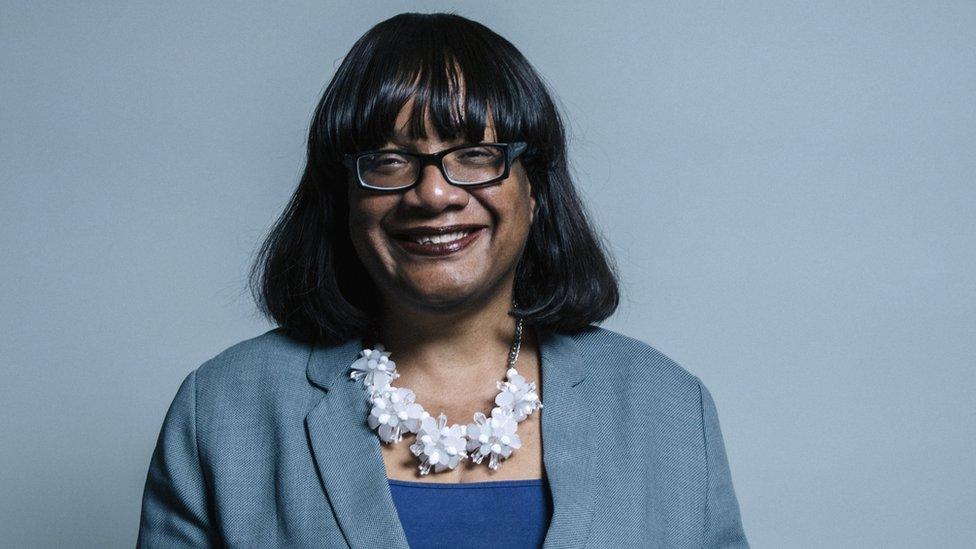
Former shadow chancellor Diane Abbott criticised Ms Braverman's comments
The acquittal caused controversy, including from Conservative MP for Ipswich Tom Hunt who said it set a "dangerous precedent".
Ms Braverman, the Conservative MP for Fareham, said the decision was causing "confusion" and she was "carefully considering" whether to use powers which allow her to seek a review so senior judges would have the chance to "clarify the law for future cases".
During a meeting of the Commons Justice Committee on Tuesday, former shadow chancellor Diane Abbott suggested to Ms Braverman she only supported "jury findings when they come out in a way that you would like".
The Attorney General disagreed and said she had never said anything which "sought to undermine trial by jury".
She added: "However, I do have a statutory power… where I can, if I seek to do so, refer a decision, a point of law which is arisen in a case, to the Court of Appeal to ask for their opinion on it and my mere consideration of this matter, I don't think, suggests anything unduly political or improper."
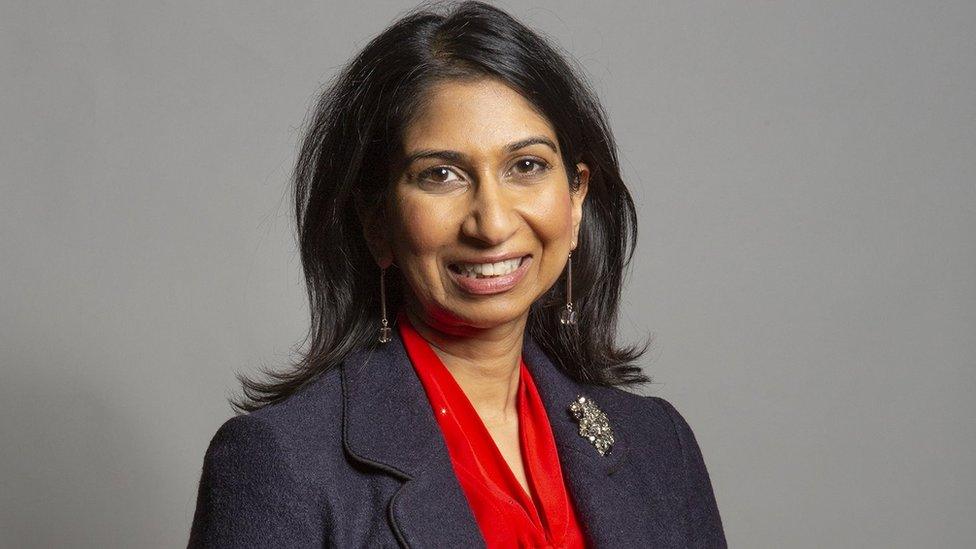
Suella Braverman said the comments were within her remit
When Ms Abbott said it seemed as if she were "seeking to echo the opinions" of Conservative colleagues, Ms Braverman replied: "That's not my intention."
The acquittal cannot be overturned and the defendants cannot be retried without fresh evidence.
Section 36 of the Criminal Justice Act 1972 allows the Attorney General, following a submission from the Crown Prosecution Service, to ask a higher court to clarify a point of law, but it is not a means of changing the outcome of an individual case.
Since 2000 there have been 20 referrals under the powers, Ms Braverman told the committee.
- Published25 January 2022
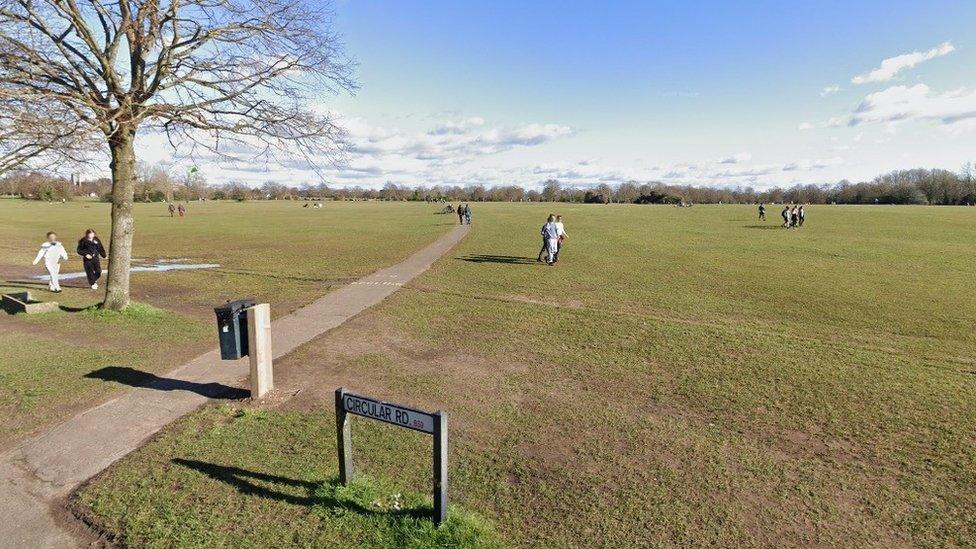
- Published16 January 2022
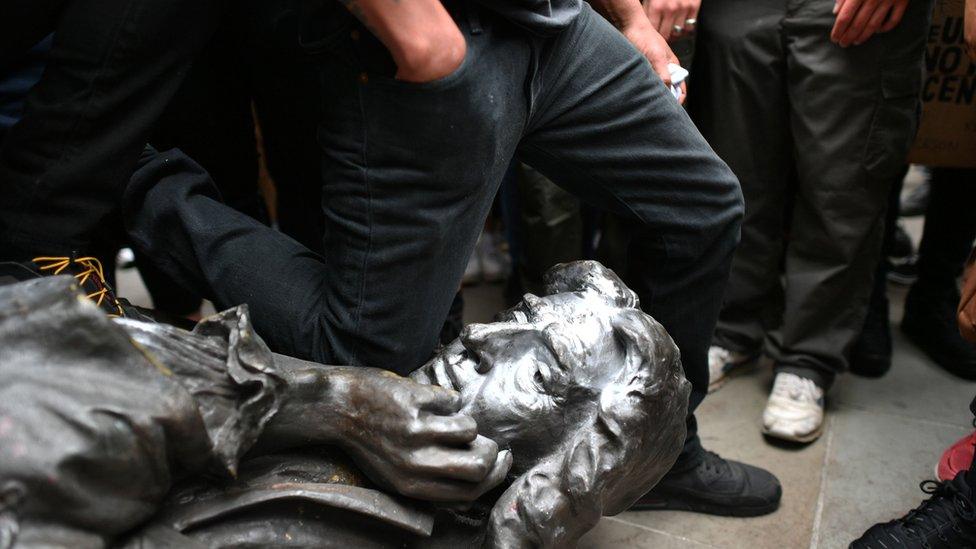
- Published11 January 2022
